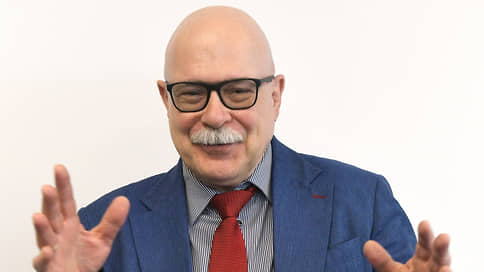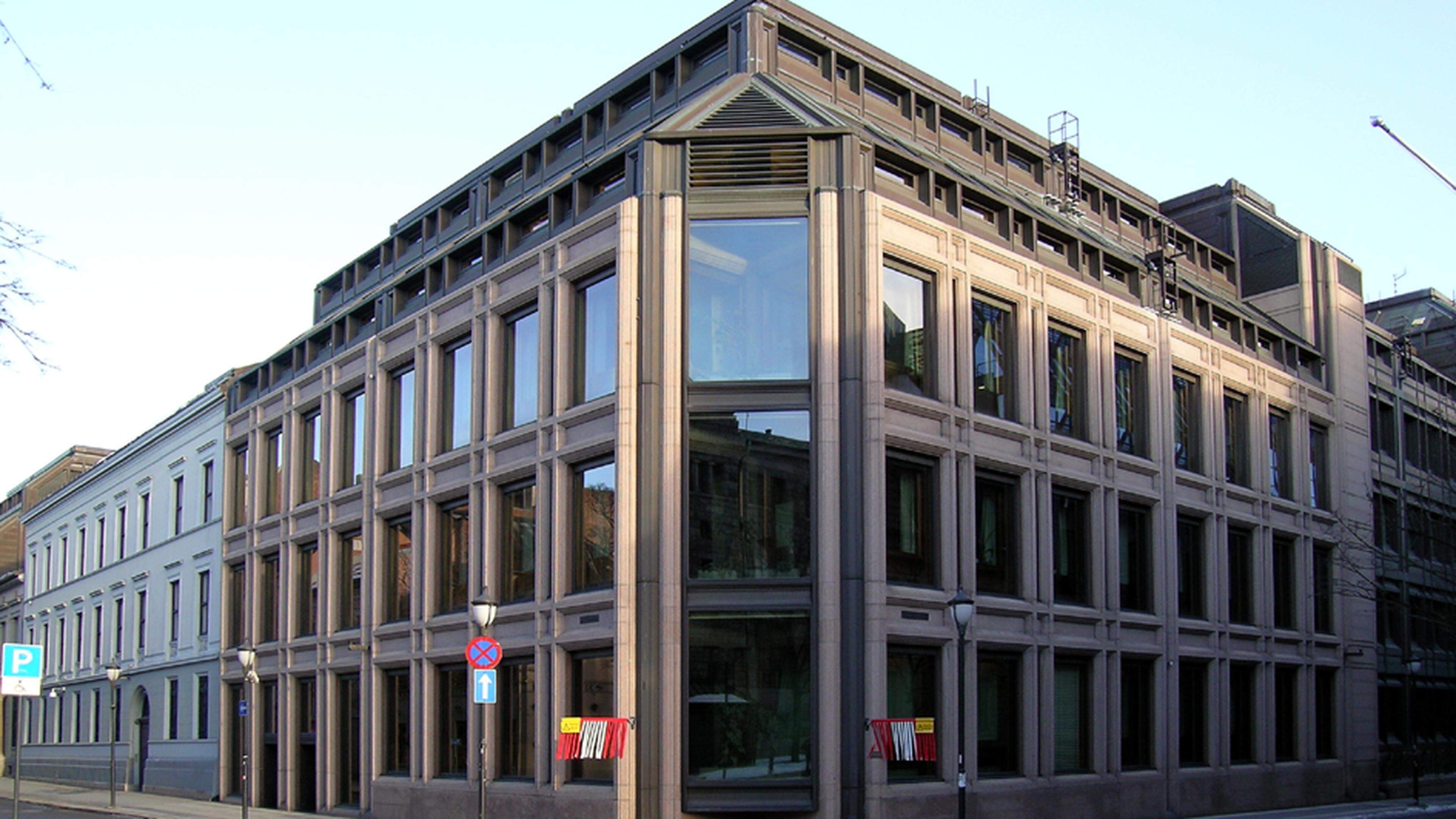Dmitry Train about the first hundred days of Donald Trump’s reign

The first 100 days of the second presidency of Donald Trump forced many to talk about him as a revolutionary. Indeed, Trump’s determination, his pressure and his high pace he took is amazing. Nevertheless, it must be recognized that Trump does not crush the primary of the American state and society in anywhere and nowhere. Rather, he seeks to return the United States to the path from which the liberal-Globalists defended by him in the election. Therefore, Trump is a strict auditor, ideological revisionist and counter -revolutionary.
In domestic policy, Trump feels comfortable thanks to the republican majority in both chambers of Congress. Attempts by judges to challenge his decisions – in particular, on the issues of reducing state apparatus and deportation of illegal immigrants – have not yet acquired a massive nature. Trump has long been accustomed to attacks on the part of the liberal media and is happy to give back. The scandalous story with the discussion by the highest officials of the administration of Yemen’s strikes in the Signal messenger did not receive a dangerous development for Trump.
In the economy, the course on the reindustrativeization of America, tariff protectionism and the development of the latest technologies were clearly marked.
Trump unfolds the globalization of the backbone, trying to use the financial and technological resources of the allies to strengthen the production and scientific and technical base of the metropolis-the USA. At the tactical level, he applies the tactics of the combination of “shock and trepidation” of the initial moves with subsequent retreats, relaxations, prompting competitors to negotiations and agreements – with an obvious plus for America. In most cases, especially with American allies, this has a chance of success. The situation with China is more complicated, but here Trump expects that the dependence of the PRC on the American market and the influence of the United States on the EU and Japan trading policy will allow it to achieve positive shifts for America.
Trump geopolitics is based on realistic ideas that international relations are based on the balance of forces, primarily between the great powers.
He outlined priorities: the transformation of the whole of North America – from Greenland to Panama – into the geopolitical bastion of the United States; concentration of forces – their own and allies – on the integrated deterrence of China; Locking with Russia; Strengthening US positions in the Middle and Middle East by supporting Israel, strengthening ties with the Arab monarchies of the Persian Gulf and a hard restriction of the Iranian nuclear program.
In the military sphere, Trump, cleansing the armed forces of the consequences of the gender liberalism of the Democrats, seeks to strengthen the military power of America.
The long -planned modernization of the strategic nuclear forces of the United States will be conducted without restrictions. Despite the peacekeeping rhetoric, Trump has been waging an air war against the Yemenskoy Husites from the moment the president has returned to the post of president. He directly threatens with massive attacks on Iran in case of abandoning American peaceful offers.
Trump’s intention to help the end of the war in Ukraine and shift the main burden of responsibility for the European flank of the American Empire on the Europeans themselves is explained by the need for the United States to focus on reflecting their challenge in the world by Beijing, as well as quite reasonable fears that the continuation of Washington’s participation in the indirect war with Russia in Ukraine is fraught with the danger of a nuclear war.
Trump sees Russia itself with a geopolitical rival, but not a military threat or an ideological enemy.
He does not try to stupidly drive a wedge between Moscow and Beijing, but hopes to establish interaction with Russia where it is beneficial to both parties: in the energy, in the Arctic, in rare earth metals and the like, hoping that the emergence of additional foreign economic options will automatically reduce the dependence of Russia on its largest partner. It is logical that the efforts to achieve a deal with the Kremlin have become the most important direction of Trump’s foreign policy in the first 100 days of his second presidency.








